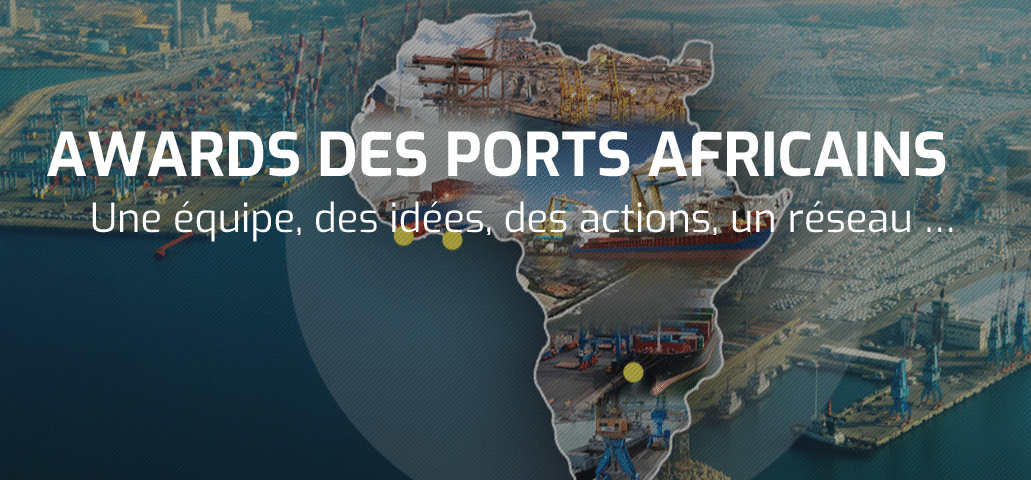In June 2019, the winners of the fourth edition of the African Ports Awards (APA) were announced in Lomé, Togo.
I had a small involvement as member of the Jury. The role of this Jury is minimal as the awards are based on performance data of the ports. There are different awards in different categories, all based on performance data that African ports submit.
This focus on performance data is why, in my view, this initiative is helping to promote the conversation between all stakeholders about performance. The performance indicators used for the awards are, as in all cases, open for debate. For instance, while the shipping lines like to focus on the turnaround (for instance with an indicator like ‘moves per ship per hour’), the APA indicator is focused on the productivity per meter of quay- as this is a more suitable indicator of the efficient use of the expensive assets in the port.
As with similar initiatives to measure performance, like UNCTAD’s efforts to measure maritime connectivity or Marine Traffic’s efforts to measure ship waiting time, the process of developing and fine-tuning the indicators is one of gradual improvements. For instance, one issue that is especially relevant in Africa is the ability of ports to effectively serve landlocked countries.
The APA rightfully includes an award for the best Transit Port, which is based on the transit volumes (both total volumes and specifically container volumes). While these volumes are obviously relevant, they only tell a part of the story and may be more directly related to the economic strength of the landlocked countries than to the performance of the ports serving these countries. In an ideal world, the volumes would be supplemented with additional indicator on costs, transit times and reliability.
There is long road ahead for APA, not least in convincing more port authorities to submit data and publishing (part of) the data so that it is available for all stakeholders, but the ball is rolling…As a note of transparency: the role as jury member is unpaid, I have no material interest in the success of APA.













